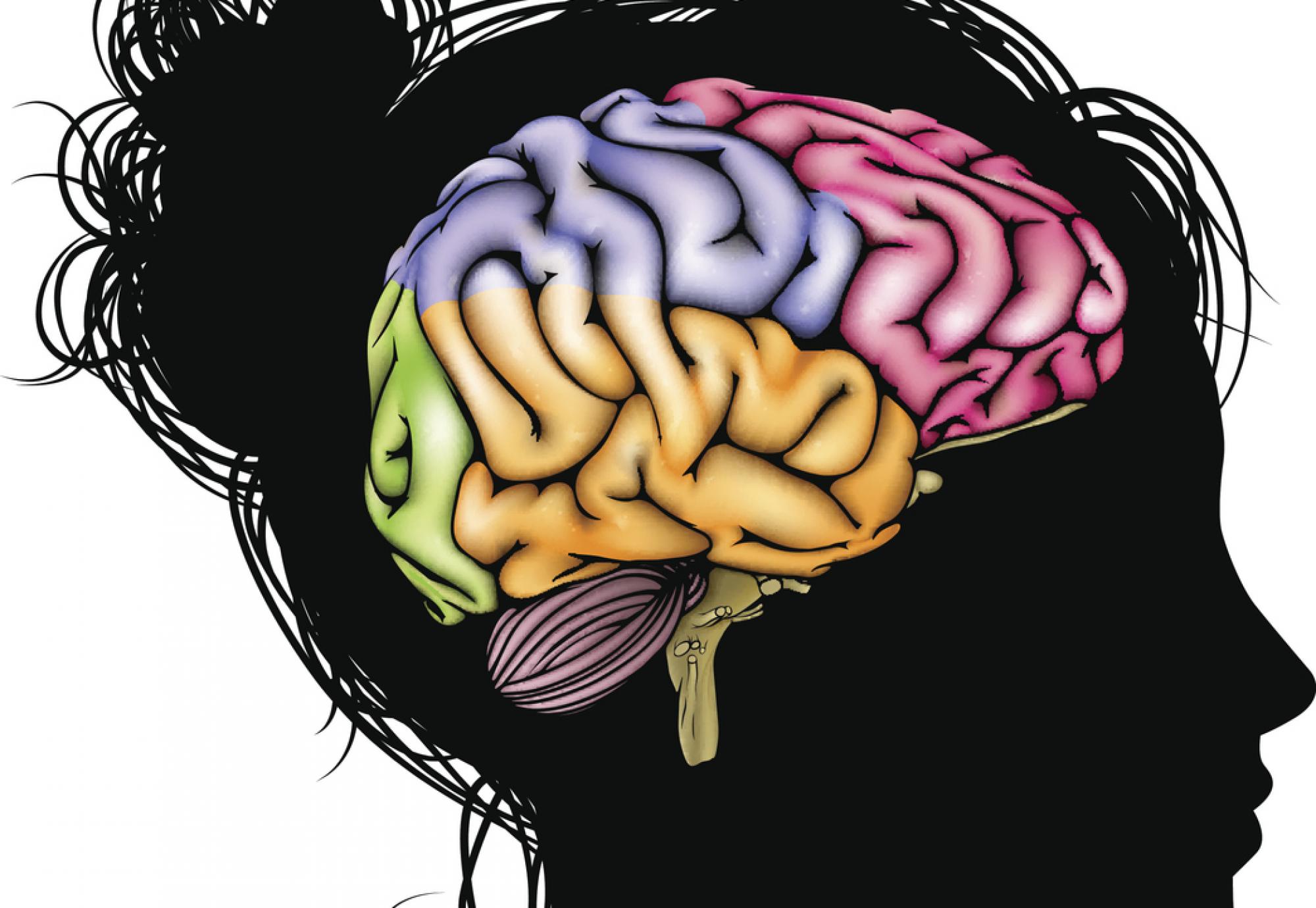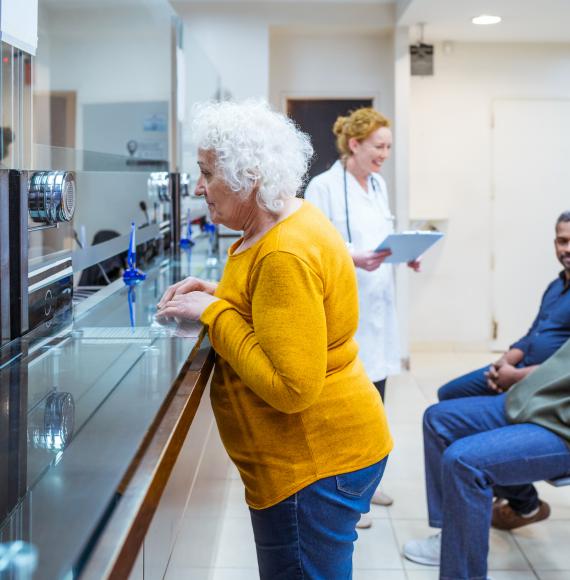A new guide has detailed how decisionmakers and policymakers in the Government and public health can use the principles of behavioural science to improve the efficacy of their policies, services and communications.
The framework was a joint venture between Public Health Wales and University College London’s Centre for Behaviour Change and explains how, whilst behavioural science in increasingly being incorporated into decision-making processes, a lot of choices are still being made on the back of ‘common sense’, which often leads to activities with limited effectiveness.
It is therefore argued that, by taking the time during planning processes to establish things like, who your target audience is, what ‘observable action’ would you like them to do, coupled with a clear rationale behind it, and then understanding what steps are best took to achieve that, leaders can help tailor and specialise interventions to maximise the chances of getting their desired outcomes.
Behavioural science has proven a successful tactic in the fight against Covid when public health leaders tried to understand what barriers there were for different groups regarding the adoption of personal protective measures, such as face coverings and self-isolation.
Ashley Gould, Programme Director, Behavioural Science Unit at Public Health Wales and co-author of the report, said: “Behavioural science is increasingly being used to improve our understanding of how the mix of cognitive, psychological, social and environmental factors affect how individuals and population and professional groups behave. In fact it is rapidly being accepted as critical in designing activity that will be successful at improving and protecting health and wider wellbeing.
“If we can better understand how and why individuals and organisations act in certain ways, rather than relying on assumptions of how they should act – we can ensure that policies, services and communications reflect real needs and behaviours.
“This leads to greater impact through more tailored and evidence-based planning and delivery.”
The resource, entitled Improving health and wellbeing: A guide to using behavioural science in policy and practice, will help policy and decisionmakers make the most of behavioural science by providing:
- A framework for including behavioural science in decision-making processes
- A core understanding of the principles of behavioural science
- A step-by-step guide to developing, modifying, or choosing behaviour change interventions
- Tools to facilitate intervention development
- Signposting to relevant sources of behavioural science expertise
To access the guide, click here.



















